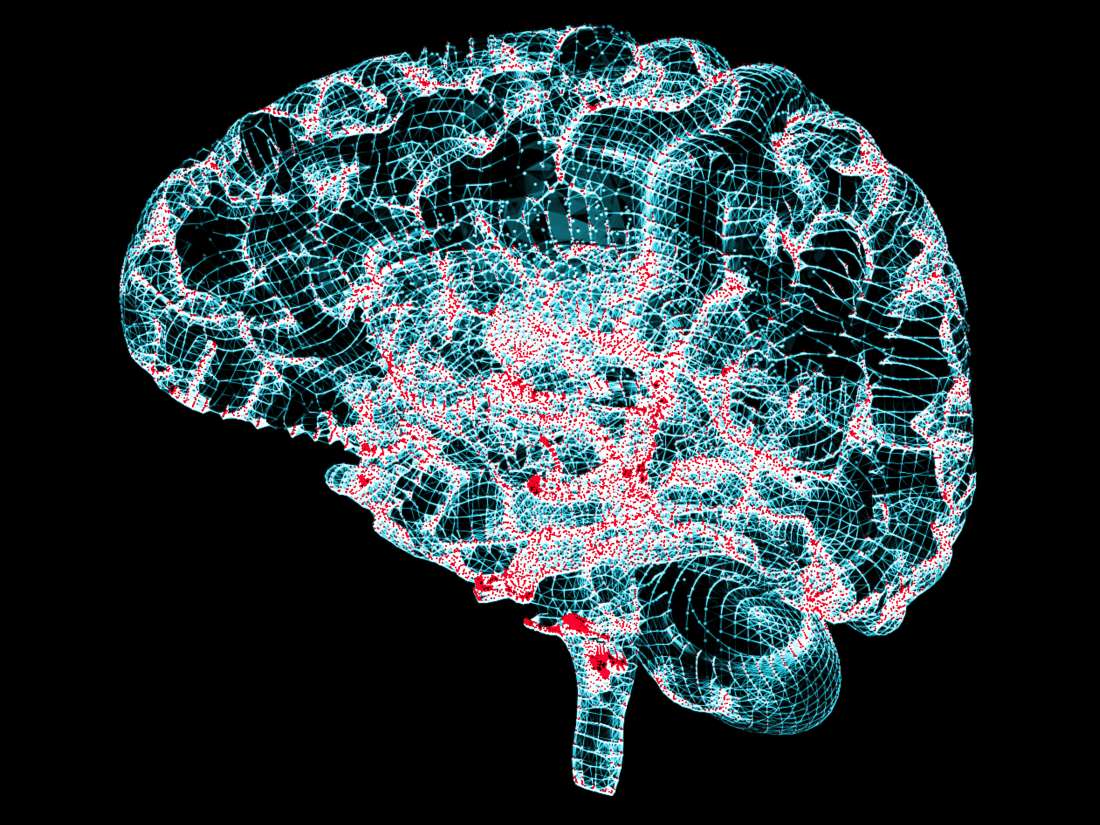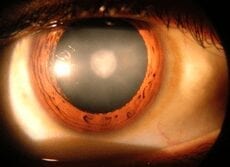
A baby girl who was close to dying from cancer has been rescued by a cell therapy envisioned as a “one size fits all” treatment that had never been tested in people, doctors reported on Thursday.
The development is significant because it indicates that cell therapies, which represent an exciting new front in the battle against cancer, might not have to be customized for each patient, saving time and money.
It also represents one of the first times that a novel “genome editing” technique has been used to treat someone. The therapy was developed by Cellectis, a French biotechnology company.
But it is hard to say much based on one patient. Also, the girl has been in remission for only a few months, too little time to say she has been cured, said Waseem Qasim, one of the doctors who treated her at the Great Ormond Street Hospital in London.
Still, the girl’s doctors “think it is a remarkable outcome,” because she had not been helped by conventional therapies, Dr. Qasim said in an interview.
Cancer doctors have been electrified by a new approach that involves genetically altering patients’ T cells, the soldiers of the immune system, so that they can better attack cancers.
Some patients with certain blood cancers have made remarkable recoveries. They include a girl who received a treatment developed at the University of Pennsylvania and now licensed to Novartis. Other companies pursuing this approach, often called CAR-T, including Juno Therapeutics and Kite Pharma, have achieved large stock market valuations.
But the first versions of their experimental therapies require extracting the T cells from the patient, shipping them to a manufacturing plant where they can be altered, then sending them back and putting them back into the patient, something that will be logistically challenging and costly for thousands of patients. Cellectis’s therapy is meant to work for any patient with a particular type of leukemia.
Cellectis’s American depositary receipts soared 18 percent on Thursday, while shares of Juno fell 7 percent and those of Kite dipped 2 percent.
Still the personalized treatments could reach the market in the next couple of years, long before Cellectis’s treatment, which will not even enter early-stage clinical trials until next year.
The case of the girl’s recovery will be presented to doctors next month at the annual meeting of the American Society of Hematology in Orlando, Fla. But abstracts for that conference were made public Thursday, and the hospital publicized the case.
The girl, Layla Richards of London, had acute lymphoblastic leukemia. Doctors tried the usual chemotherapy, a bone marrow transplant and a new type of biotech drug, but nothing worked. Layla did not have enough T cells to allow doctors to extract them and make a personalized therapy.
Her parents, Ashleigh Richards and Lisa Foley, were counseled to consider palliative care to keep her comfortable until she died, Dr. Qasim said. But the parents were not willing to do that.
In what might be a lucky coincidence, the hospital was already manufacturing Cellectis’s cells in preparation for clinical trials. “We had them in our freezers,” Dr. Qasim said. He is also a professor at University College London, which worked with Cellectis on the treatment.
So, with permission from her parents and Cellectis, Layla became the first person to receive the treatment, on what is sometimes called a compassionate use basis.
Read more: Cell Therapy Untested in Humans Saves a Baby With Cancer
The Latest on: Experimental therapies
[google_news title=”” keyword=”experimental therapies” num_posts=”10″ blurb_length=”0″ show_thumb=”left”]
via Google News
The Latest on: Experimental therapies
- Celebrities Quietly Paying Huge Amounts for Anti-Aging Stem Cell Therapy That May Cause Gruesome Side Effectson April 27, 2024 at 6:31 am
Experts caution that there's limited evidence backing the benefits of these stem cell treatments, while pointing to plenty of risks.
- Experimental NIH malaria monoclonal antibody protective in Malian childrenon April 26, 2024 at 12:23 pm
One injected dose of an experimental malaria monoclonal antibody was 77% effective against malaria disease in children in Mali during the country’s six-month malaria season, according to the results ...
- New experimental evidence unlocks a puzzle in vascular tissue engineeringon April 25, 2024 at 9:25 am
Angiogenesis is a process of forming hierarchical vascular networks in living tissues. Its complexity makes the controlled generation of blood vessels in laboratory conditions a highly challenging ...
- ‘Hope is real’: Lexington man now cancer-free after experimental treatmenton April 24, 2024 at 6:36 pm
One central Kentucky man’s fight against lung cancer took an unexpected turn after receiving a devastating diagnosis. However, with hope and determination, he sought out an experimental treatment.
- Experimental strategy is the first to tackle fibrosis and scarring at the cellular levelon April 24, 2024 at 8:11 am
Researchers at the Center for Genomic Regulation in Barcelona and the University of Cologne in Germany have developed a new experimental strategy to tackle scarring and fibrosis. Experiments with ...
- Experimental Ovarian Tissue Freezing Could Delay Menopause, but Experts Are Weighing the Riskson April 22, 2024 at 5:00 am
Extracting, freezing and retransplanting slices of hormone-producing ovarian tissue could postpone menopause, but some experts say it’s not effective enough—or necessary ...
- The Marathon Journey to the First Alzheimer’s Drugson April 19, 2024 at 4:59 pm
And though the Alz-heimer’s antibody trials were failing to identify new drugs, collectively the trials were teaching researchers something valuable: experimental treatments seem to work better ...
- Vertex’s stock climbs as non-opioid pain treatment advanceson April 18, 2024 at 5:59 am
Vertex Pharmaceuticals shares gained ground early Thursday after the company signaled progress in the development of its experimental non-opioid pain treatment.
- Patient Enrollment in Cancer Treatment Trials Up About 7 Percenton April 16, 2024 at 12:23 pm
One in five patients with cancer participate in any cancer-related trial, including biorepository, registry, genetic, and quality-of-life studies.
via Bing News










